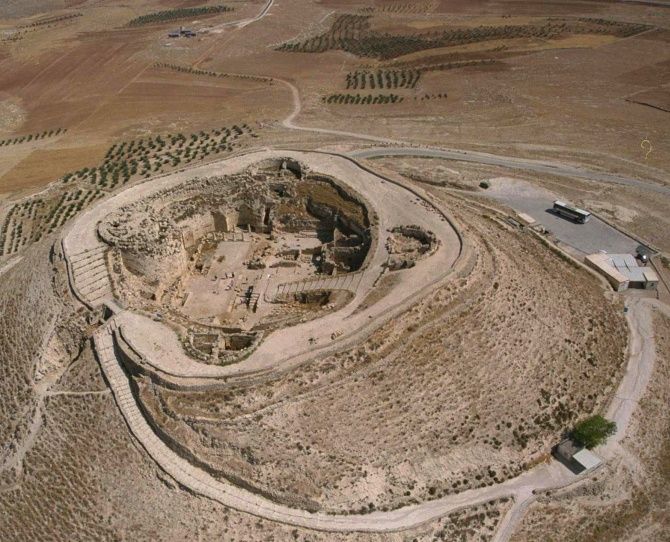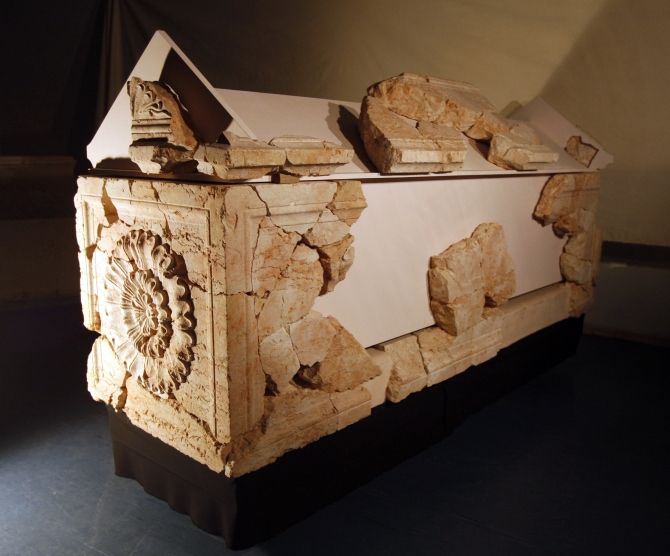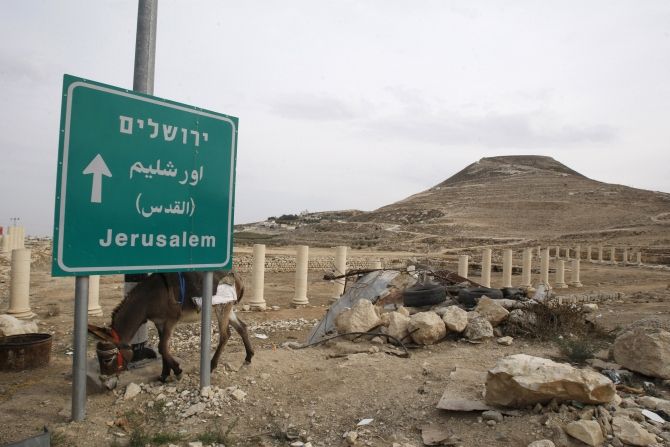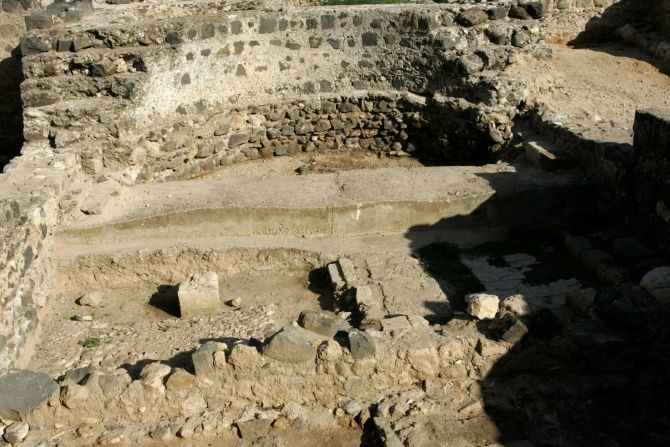
Archaeologists have revealed that they have uncovered the remains of King Herod's palace in Jerusalem and believe that they might have found the site where the trial of Jesus Christ may have taken place.

The excavation of an old abandoned building near the city's Tower of David Museum could have revealed the remains of a palace where the trial described in the New Testament took place, The Independent reported.
The researchers are pretty certain that the trial took place at Herod's compound, thought to be on the western side of the city, where the museum and an Ottoman-era prison that is beneath it stand, as the trial is described as having happened 'near a gate and on a bumpy stone pavement'.

Shimon Gibson, an archaeology professor at the University of North Carolina at Charlotte, said that there is no inscription stating it happened here, but everything, archaeological, historical and gospel accounts all falls into place and makes sense. The remains were discovered beneath a prison that was used when the city was controlled by the Ottomans and the British.
A marble floor unearthed by Israeli archaeologists is shown at the site of what experts believe was part of an ancient palace built for King Herod from the year 20 in Tiberias. The floor was recently unearthed in the Israeli town of Tiberias, on the banks of the biblical Sea of Galilee.








 © 2025
© 2025